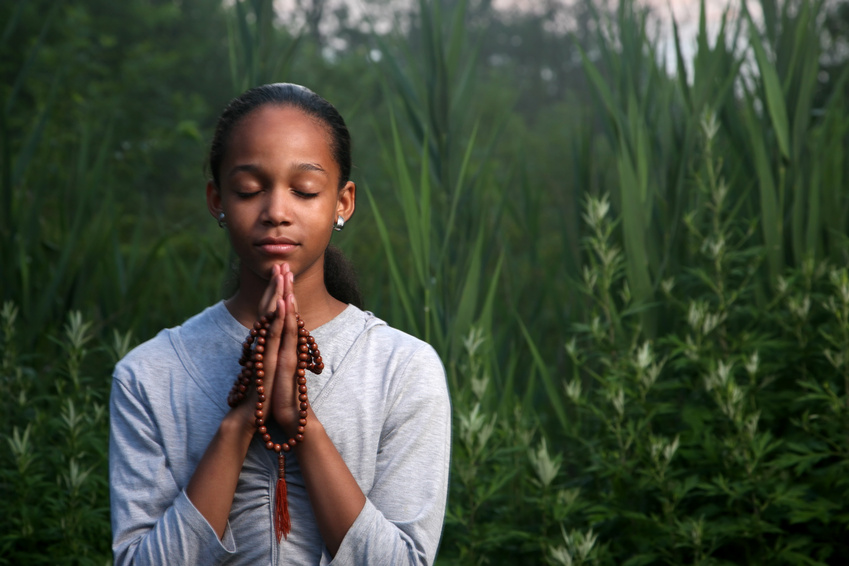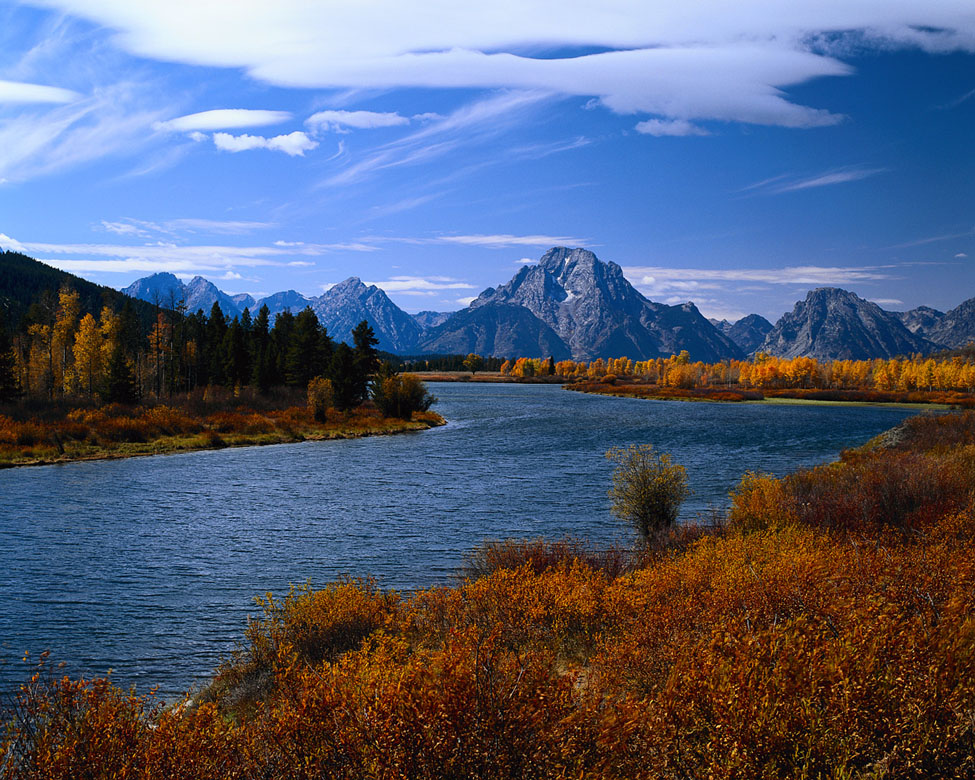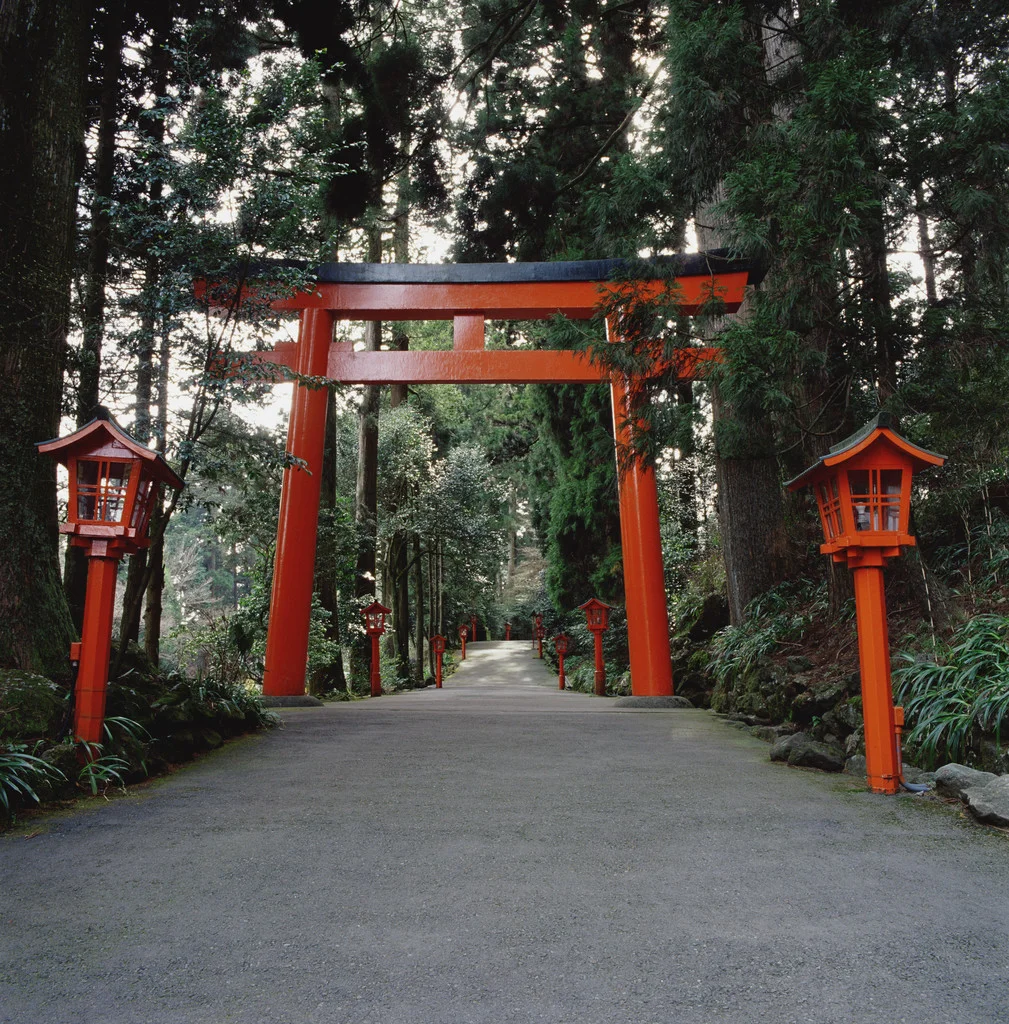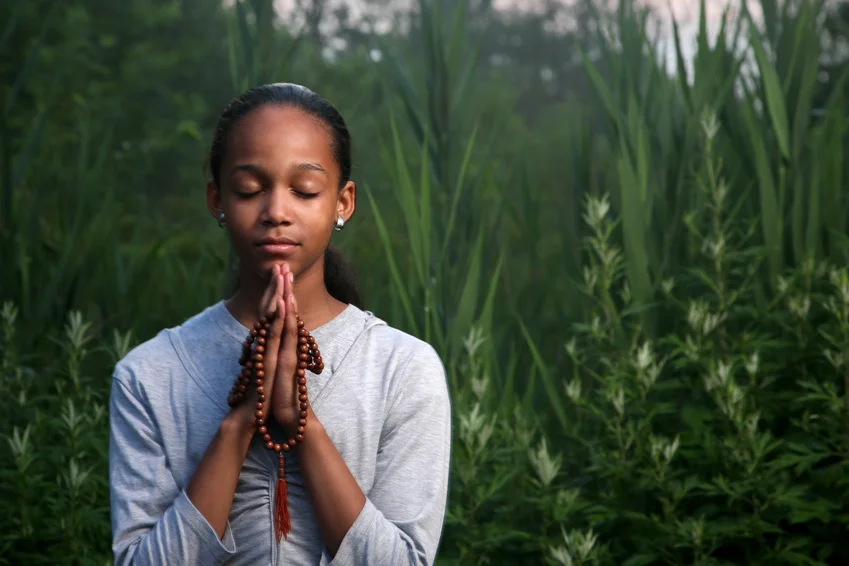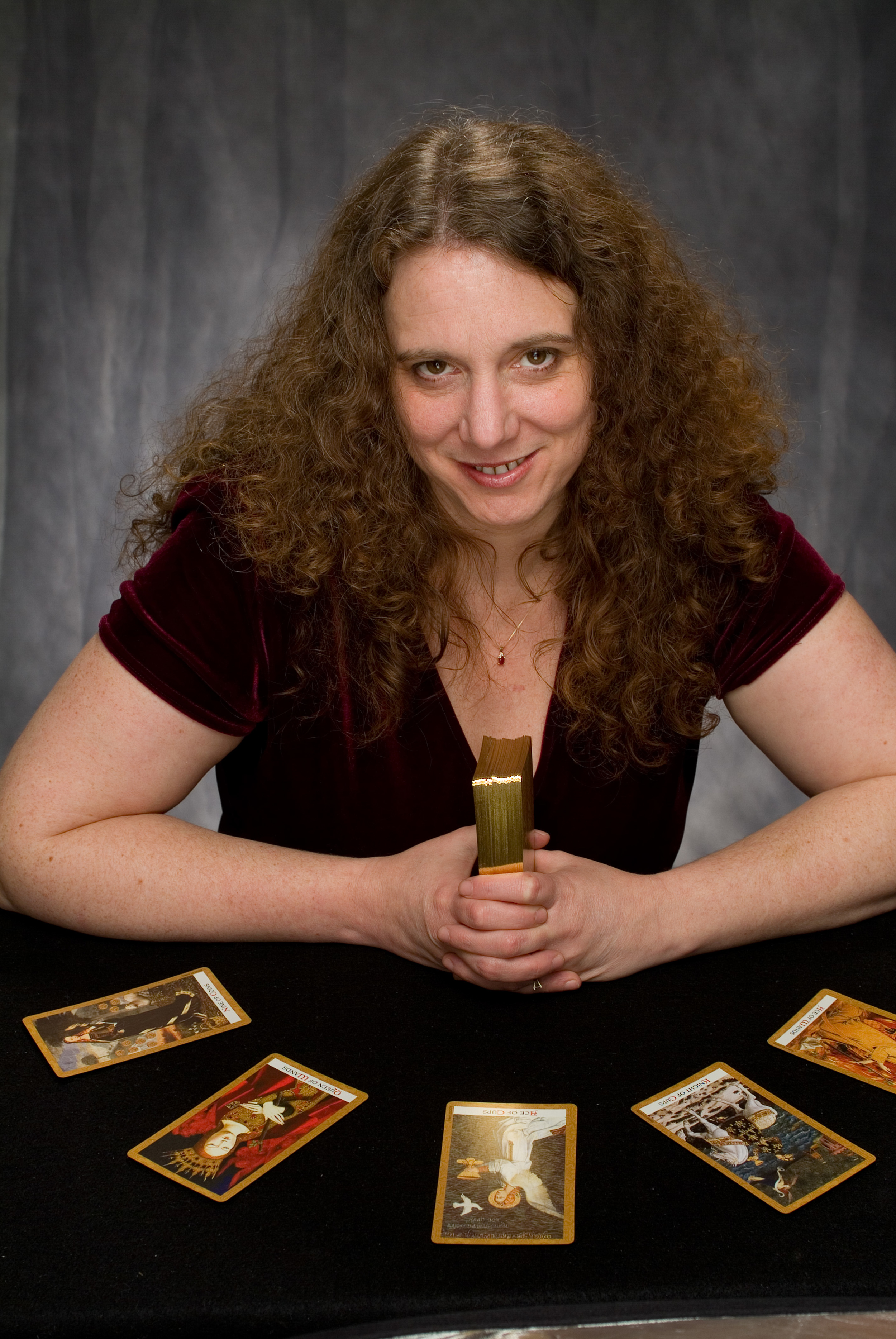
Welcome to my personal blog.
Here you will find my musings, thoughts and observations, all inspired by my experiences as a full-time professional tarot reader.
Judgment
What is it about religion and spirituality that makes us feel comfortable judging and discriminating against those whose beliefs are different than our own?
It’s a complex issue. On some level we are all probably guilty of it. For instance, I have a problem with religions that disempower women and religions that try to make our human sexuality a source of shame.
At the same time, I am enraged when I feel I am being discriminated against for religious reasons, or am made to suffer because of someone’s misunderstanding of my own spiritual path.
Our guest on my webcast, Christiana’s Psychic Café, this Sunday was Jesse Ann Nichols George. She spoke eloquently about compassion, and about judgment as the antithesis of compassion.
For me a layer of complexity is added when I think about religion and spirituality as giving us a mandate for compassion, but also giving us permission to be judgmental. What a paradox!
Our need to judge each other seems to be the problem. “Judgment” is also a tarot card. Traditionally, Judgment references the Christian concept of the “Judgment Day” when each of us will be judged by God and reborn into heaven. Clearly, the only judging going on is by our Higher Power, not by humans.
The Judgment card also speaks of closure, endings and new beginnings. It advises us that our actions can be judged as worthy.
Is it possible that we sometimes judge others harshly because we have a hard time being forgiving toward ourselves?
What would happen if we each made a concerted effort to own our actions, but did it in a way that was loving, forgiving and accepting toward ourselves? Would that help us be more loving, forgiving and accepting of others?
Science and Faith
Televangelist Pat Robertson answered a question from a viewer on the 700 Club in a way that made me seriously doubt his faith in a Higher Power.
The question in essence was this. Why are there so many reports of miracles in places like Africa and so few in places like the United States?
“People overseas didn’t go to Ivy League schools,” Robertson is quoted as saying. “We’re so sophisticated; we think we’ve got everything figured out. We know about evolution, we know about Darwin, we know about all these things that says God isn’t real.”
Whenever Christians or members of other vocal religious groups attack science I have an issue.
I attended a Born Again Christian high school where I had great science teachers. They saw their study of science as an exploration of God's majestic works. Understanding how God created the world did not make the creation less sacred. Making sense of the powerful mysteries of the universe did not disempower God.
If a person's faith is so weak they can't find a way to square their belief system with reality, there's a problem. If a religion's doctrine is so fanciful that it can't stand up to education, the doctrine is flawed.
To believe in a Higher Power or a higher order in the Universe should not demand that we turn a blind eye to facts.
Education is under attack in the United States. School systems are being defunded and teachers are being reprimanded for doing their jobs.
Consider the case of Tim McDaniel, a high school science teacher in Idaho who is under investigation for saying the word "vagina" in a sophomore-level high school biology class on reproduction.
I remember receiving detailed education about human reproduction even as young as middle school. That four parents would complaint because their fifteen-year-olds heard the word "vagina" is nothing short of disturbing.
Religion and science have often been at odds with one another; sometimes more so and sometimes less.
It seems the pendulum is swinging in a direction that favors ignorance over knowledge, and that believes facts lead us away from spiritual faith.
I have always had a hard time understanding the incongruity between science and faith. Faith should require no scientific proof- that's why we call it faith.
On the other hand, do I have to believe the Earth is flat in order to honor a Higher Power?
Miracles happen every day. Just because science can explain how a baby is born or why a seed sprouts doesn't make these events any less miraculous, nor any less a gift from Higher Power.
We should not have to find God in the literal acceptance of an old and many-times-translated book. We should be able to find God (Goddess, Higher Power, Great Spirit) in our own hearts and minds, in each other's eyes, in startling synchronicities and in the miracles of nature we see every day.
That's enough for me to feel the presence of Higher Power. That it's not enough for those who most vocally claim their faith, and use faith as the basis for public policy, is a great concern to me.
Suffering and Spirituality
So much modern spiritual practice suggests that our faith will bring us wonderful things during our lives. Many modern spiritual seekers are taught that here on Planet Earth we all deserve good things, and we all deserve the same good things. We all deserve to be healthy, and we all deserve to be wealthy.
If we do not have health or wealth we must have done something wrong, either in thought or action, to no longer deserve these things.
I think the word "deserve" needs to be thrown out the window. This is a word we use to judge each other. This is a word we use to justify greed. This is a word we use to overblow our importance on the planet.
Do we, as spiritual people, tell the person who just lost his legs in an accident that he didn't deserve legs? Do we believe some appallingly angry god didn’t want him to have legs? Should he believe that his own negative thoughts cost him his legs?
There are many spiritual teachers of many religions who teach exactly that.
Many people struggle with the concept that bad things sometimes happen to good people, and that good things sometimes happen for people who don't seem to "deserve them."
Social media is filled with memes about "karma," as if karma is some kind of hateful payback machine.
Some of these memes suggest that we should take delight in watching our enemies suffering and getting what they "deserve."
On the other end of the spiritual spectrum are religions whose beliefs include the need for self-inflicted suffering. There are Islamic sects that encourage even young children to celebrate certain holidays by slashing themselves with razor blades.
Research has revealed that Mother Teresa denied the children in her care pain-killers and hygiene because their suffering would bring them closer to Jesus.
Some traditions of modern Paganism practice scourging (ritual beating) to increase discipline and hasten enlightenment.
What do we learn from looking at these wildly divergent perspectives on suffering and spirituality?
Here's what I think.
If you live on Planet Earth you will suffer. Sometimes your suffering will be visible to others. Sometimes it will be something that no one else can see.
We can use that inevitable suffering to help us grow, learn and become stronger. Our suffering can increase our enlightenment and spiritual understanding, or our suffering can separate us from our Higher Power. It all depends on how we use our suffering, and how we find meaning in it.
Blessings and suffering are never about what we deserve. As soon as we start thinking in terms of what we, or what other people, deserve (good or bad) we have missed the point completely.
If we compare our scorecard of blessings vs. suffering to other people's scorecards we have also missed the point.
If we, as adults, chose ritual deprivation, scarification or mutilation to aid us spiritually, that's fine. If we choose it for our children we are not spiritual, we are abusive.
When we are suffering it is appropriate to think about how we have invited that into our lives, how we can heal from it and how we can learn from it. It is not appropriate to immediately assume that all suffering is subconsciously self-induced, or visited upon us as punishment from a Higher Power. Sometimes the Universe sets up challenges for us to bring us to a place of spiritual understanding. Sometimes we need to go through difficulty to get to something better.
When we see others suffer it is important for us to lend aid in whatever way we can. If we delight in the sufferings of others, even of those who have wronged us, we have again missed the point.
What is the point? Every spiritual text, every divination tool and everything in my being says that the point is love. The point is always love. The point is never vengeance. The point is never about balancing the scales to the satisfaction of the individual.
When we suffer, love is our salvation. When others suffer, we have the opportunity to grow in our service to them; in our understanding of love.
Neither great wealth nor great poverty can enhance our understanding of love. Neither great fortune nor great adversity can keep up from love. Nothing can shield us from a certain amount of suffering, either, and that's as it should be.
Revolution and Evolution
I've noticed some spiritual teachers who seem to suggest we need to view difficult things that happen to us as "gifts." Still others seem to suggest we can simply rewrite our challenging past and say "that never happened."
Then there are the simplistic Law of Attraction teachers who suggest that good things always come to us if we think good thoughts. We have energy-sensitive folk who don't like to sully their aura by taking personal responsibility for what happens on the planet.
Blend all that with otherwise enlightened people who use a Judeo-Christian concept of good and evil to judge the others by invoking the Eastern concept of karma as a punishment for wrongdoing.
Recently there have been some Judeo-Christian spiritual authorities speaking out on what they see as the dangers of the growing "spiritual-but-not-religious" movement. Pagan teachers often speak of the dangers of eclecticism.
Looking at the stew of misunderstanding being concocted by some of the (misunderstood) schools of thought mentioned above I am also starting to see some dangers emerging from the spiritual movement of which I am a part.
Modern technology allows for a spiritual eclecticism that was never before possible. Airplanes and the internet bring us to every corner of the world. In the past most people were confined to the spiritual teachings of their own place and time. Now we can pick, choose and blend to find exactly what seems to work for us.
Mostly I think this is a good thing. That is, until I see misunderstood teachings that seem to be hurting people more than they are helping them.
That's not to say that I am the judge of what is true, what works and what is ultimately healthy. I really do believe each person needs to find their own path. What works for you is what works for you. But I think we owe it to ourselves and to our teachers to get the doctrine right and then decide if we accept it.
I see three major problems we need to face as we move forward on our collective spiritual journey.
First, there are certain beliefs that make it hard for people to talk about challenges and difficulties. The fact is this. Unfortunate things happen to everyone, no matter how positively you think. If our spiritual path and our spiritual teachers can't help us deal with grief and loss in a healthy way, what good are they?
If your understanding of spirituality is causing you to feel guilty for being angry or being unwell rather than helping you heal it may be time to get a new understanding.
On a larger scale, some spiritual paths seem to focus so much on inner work that people become self-centered and self-absorbed and forget they are part of a community. They seem to feel their only responsibility is to themselves and do not see a need to involve themselves in working to make their world better. Again, there seems to be some fear of dealing with realities people perceive as "negative," be they personal or planetary. Again, if spirituality does not aid us in dealing with realities but rather allows us to hide from them, what is the purpose?
Second, we are living in a world of sound bites. Every day we are bombarded with memes that often reveal only a portion of a wise teacher's words. Often wise teachers are misquoted and quotes are misattributed. It's hard to get the whole message if we only take time to embrace the meme.
Hearing that Oprah liked the book is simply not good enough. We need to read the book ourselves. Being spiritual is fun. Being spiritual is healing. But being spiritual is also hard work. Too many of us (me included) don't take the time to do the actual work. It's so much easier to just absorb the sound bites.
Finally, here in the Western world we are programmed to see everything through the eyes of dualistic thinking - good and evil, positive and negative, right and wrong. This type of thinking can be helpful in many ways, especially when it comes to finding our own integrity and ethics. But as soon as we label one thing "good" and another "bad" we miss the point of much spiritual thought. We give ourselves permission to judge others. Sometimes, a thing is neither good nor bad. Sometimes a thing just simply is. Sometimes it is a matter of perspective. If I eat a steak I may say it is good, but is it good for the cow?
I've lived long enough to see the spiritual revolution/evolution in the long view. I remember the Beatles bringing Eastern thought to the mainstream. I remember my own spiritual awakening during the New Age movement of the 1980s. Here we are now in 2013 where some towns have a yoga studio in every plaza and a drum circle on every beach. That's not a bad thing.
But it is important to remember that our spirituality is constantly evolving, just as we are each evolving. And during the process of evolution we sometimes get stuck in weird places.
Perhaps the goal is never to get stuck. Perhaps we need to always be learning, always be growing and always be thinking. As soon as we say "this is what I believe" and stop being open to learning more and growing more our beliefs become very much like the old religious dogma we are struggling to replace. Our beliefs become hurtful, guilt-inducing and limiting.
Maybe this is an age-old struggle. Maybe Martin Luther felt some of these same things when he nailed his Ninety Five Theses to the door. Maybe the whole point of spirituality is to find the balance between honoring the doctrine and growing into personal truth. For the planet and for the individual, today's truth will never be as whole as tomorrow's truth.
Faith
When I was a nineteen I asked my father, a Methodist minister, a theological question. At the time I was still discovering my own spiritual identity.
I didn't phrase the question well, by Dad knew what I was asking. It went something like this. If God is good, and God loves us, why does God allow bad things to happen to us?
At the time I was talking about current events of the day; probably apartheid. The question could just as easily apply to any of the tragedies we have recently witnessed.
His answer was simple. God doesn't do bad things. People do. People are flawed. God is not flawed.
Over the years I have gotten a lot of clarity in my own spiritual beliefs. I don't always refer to Higher Power as "God." I often refer to Higher Power as Goddess, or the Universe. I often use names from different cultures; Isis, Hecate, Diana, Brigid, Neptune and Lugh.
To me God is so big that God can wear all those names and faces, and more. I cannot limit my view of God to one culture, or one period in time.
Recently there has been some conversation about "God not being allowed in schools." This conversation comes from people who claim to have some inside knowledge of God. In fact, some are His self-appointed spokesmen.
The claim these folks make is that bad things happen to kids because of the 1962 Supreme Court decision banning the practice of religion in schools.
Had my nineteen-old-self asked these people the question I asked my father, the answer would have been quite different. It would have been about punishment and retribution. The answer would have suggested that God lets (or causes) bad things to happen because we are bad.
It saddens me that the very people who have become God's spokespeople have such a limited view of God.
Higher Power is everywhere. No Supreme Court ruling, no law, no barrier can keep God's presence away. God is not a petulant teenager who gets offended and walks away.
On Earth there is pain and suffering. On Earth there is sickness, violence and greed. This is not punishment. This is the nature of the Earth God has created. This is the nature of the people God has created.
We can only speculate on God's purpose, but I think it may be this. If we can keep our faith, if we can heal, if we can work to make things better, we are honoring God's mission for us. It's about trust. It's about faith.
If life on Earth were perfect there would be nothing to cause us to grow. There would be nothing to test our faith. There would be nothing to strengthen us.
The idea that God either punishes us or blesses us according to our adherence to a random list of rules is limited thinking. From a Christian perspective, God gave us a clear paradigm for forgiveness. When Jesus on the cross asked for forgiveness for his torturers, he showed us the true nature of God. We cannot let the fables of the Old Testament override this one powerful act. God forgives us, and wants us to forgive others.
As humans have evolved over the years our ability to understand the greatness of Higher Power must also evolve.
Even in places of great sorrow and unthinkable devastation, Higher Power is present. Even when we cannot imagine our path to healing, Higher Power is present, showing us the way.
Whether we see Higher Power as Jesus, Kirshna, Great Spirit, Allah, Ganesha, The Great Mother, Shiva, Cernunnos, Demeter or by any other name, Higher Power is present without limitation.
Our challenge is simply to have faith. The tough thing about faith is that when we need it most it's the hardest to have. But faith, even in the darkest of times, is what is required of us; to have faith, to act with faith, to carry on with faith.
God does not punish us. We punish ourselves. God is not an angry, abusive father who's had too much drink.
Bad things happen every day to people all over the planet. Sometimes, the heartbreak seems unbearable. It's our job to find ways to heal and to help each other. It's our job to help our planet evolve; to make things better for the future.
Casting blame isn't the answer. Shaking your finger and saying "If we didn't have this law this tragedy wouldn't have happened" doesn't help anyone, and doesn't do God's work. Offering compassion and finding solutions for the future does.

